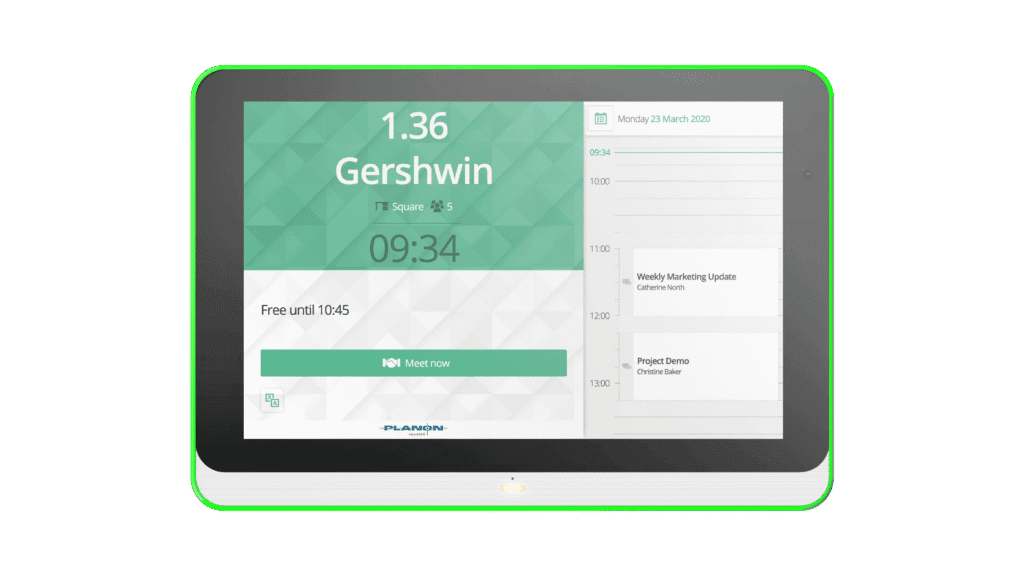
In the past, artificial intelligence was seen as a pipe dream fit for sci-fi novels and supercomputers. Today, AI sits in the palm of our hands, playing a vital role in our personal and professional lives. No industry is untouched by the growing impact of AI in technology, including healthcare. In fact, artificial intelligence has long been a sideline resource to accompany more traditional forms of hardware in the medical field. Now, AI is taking a big step forward in healthcare by becoming one of the most sought-after projects for major hospital systems and research institutions.
Of all the industries in which AI can make an immediate impact, healthcare is among the top. Patient well-being, doctor performance, and the overall experience of receiving and administering medical care can all be improved immensely thanks to artificial intelligence. Here are three of the most impactful ways AI is transforming healthcare for the better.
A Faster Analysis of Patient Risk
One of the toughest parts of treating hospital patients in the early stage of their visit is identifying patient risk. Thanks to innovative healthcare software development, that process is becoming faster and safer. The worry for some patients is that readmission might occur if a proper diagnosis and treatment aren’t established during the first visit. Readmission rates can vary based on the patient’s diagnoses and more accurate analysis can occur when AI is involved.
With quick access to a patient’s vitals, electronic health record, and looming threats, doctors can more properly administer care in a faster manner. All of this is readily available via AI-enabled computers that can sometimes be as mobile as a tablet. These tools can not only save the doctor time but might very well save the patient’s life as well.
Medical Record Access and Increased Patient Privacy
A major concern for some patients is medical privacy when it comes to their records. One might assume that placing this information in an AI-enabled server might lead to data risks. In actuality, AI-encrypted cloud storage is helping doctors keep access to their patient’s info more readily and ensuring safer connections to maintain patient privacy. Three critical tools that can work with AI ensure patient records are only accessed by those who have permission to do so.
AI can enable three crucial elements of medical record security. Firstly, artificial intelligence can ensure only approved medical professionals gain access to private records. This is possible via traditional methods like passwords as well as thumbprint technology and facial recognition scans. Additionally, AI can ensure records are unreadable thanks to encryptions that are only unlocked by your primary care provider’s unique “key” which grants permission for the files. This could be unlocked via a key card and PIN combo or similar methods. Lastly, AI can manage and report back an audit trail that ensures you know who accessed your info in the case of a security concern.
AI-Enabled Triage and Increased Care for In-Demand Areas
Rural areas and poorer parts of some major cities might be heavily impacted by a lack of care nearby for residents. To tackle this ever-present issue, AI-enabled triage via chat bots are being tested by major research hospitals for quick access to addressing medical questions and concerns.
This tool could help rural patients and those who live in “healthcare deserts” a basic guidance for how to address their issues. Under-served areas could avoid unnecessary trips to the hospital as well as learn how to treat basic illnesses with over-the-counter drugs through these AI triage chat bots. Patient safety and triage efficacy is still under study, but if designed correctly, this could be a major improvement in healthcare for some of the areas in the country that need it most.
Expanding Broader, Better Care for Patients
Without the advancements in AI taking place over the past decade, healthcare would not be as effective as it is today. The power of AI in medical care is slowly becoming a force in every sense of the practice. Hybrid care models, which involve a medical practitioner utilizing various AI-supported tools as well as traditional care, are already becoming commonplace in many areas of the United States.
While AI is yet to be a dominant force in major forms of the industry itself, healthcare is changing in the wake of artificial intelligence’s innovation. The COVID-19 pandemic accelerated interest in technology’s role in healthcare, which will undoubtedly help push more resources and research towards these projects. More efficient patient risk diagnosis, medical record access, and mobile care have the potential to be life-saving advancements.
As these areas continue to improve as well as countless other impacts of AI in the medical industry, patients and doctors will both benefit from this transformation in healthcare. If AI receives the necessary investments and prioritization required to make great leaps in the coming years, it could change the industry and play a leading part in the next great advancement for medical care.
Tech content on this site may include contributed articles and partnerships with industry voices. Learn more in our Editorial Policy.




